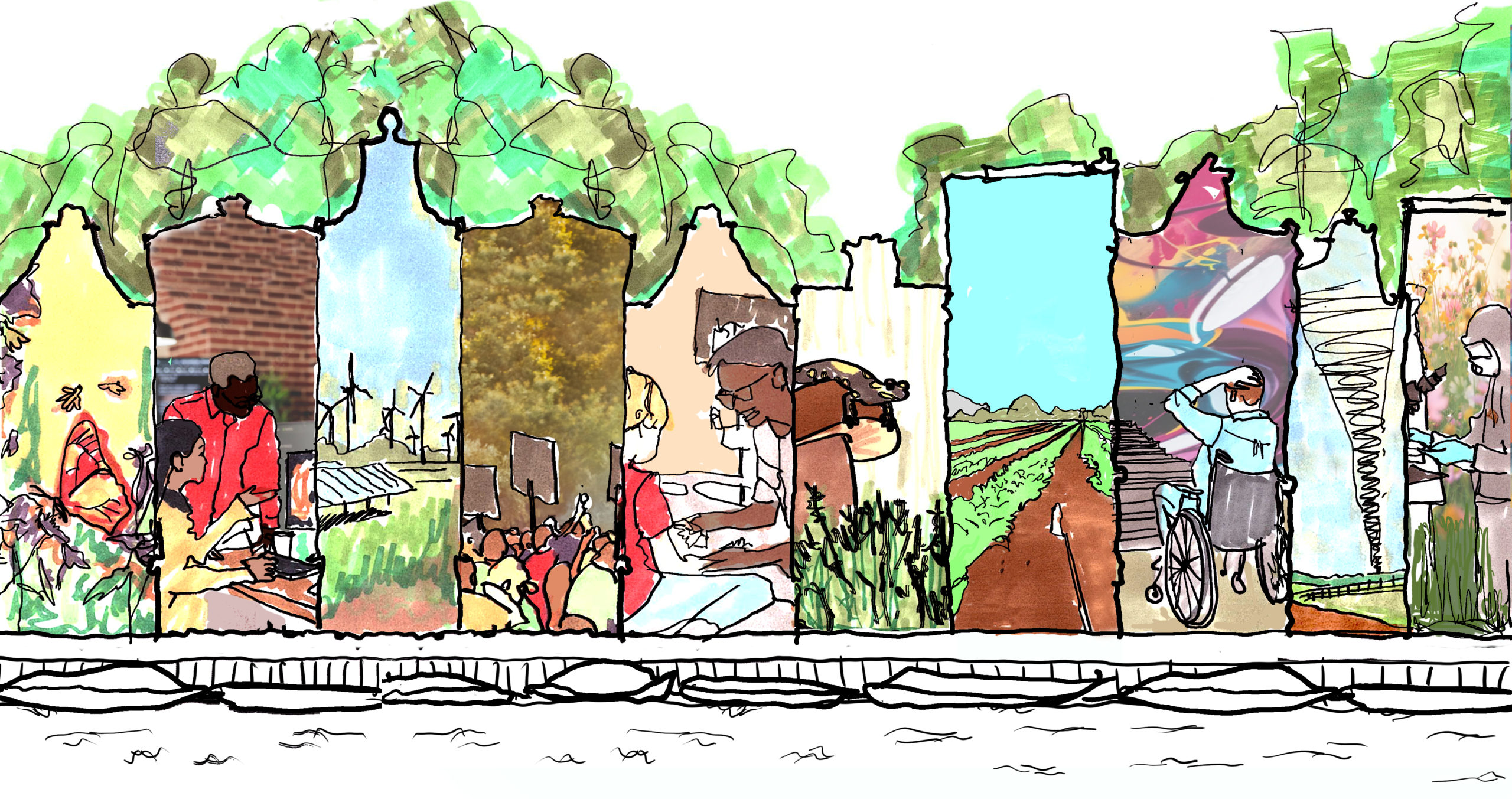Info for participants and delegates
There are lost and found counters at NomadIT office (Forum 2), also Security desk is in the basement of Main/HG building (KC-04) and also the there is a lost and found website.
If you have lost something please check all the 3 locations for your item.
Participation and delegate guidance
To maximise participation across the conference, the program committee will follow these guidelines in reviewing panel and paper submission:
- An individual may have each conference role only once during the conference:
- convene a Traditional Open Panel OR a Workshop OR a Roundtable OR a Combined Format Open Panel OR a Closed Panel once;
- present once in a Traditional Open Panel OR a Combined Format Open Panel OR a Closed Panel;
- present one contribution to the STS Making & Doing program;
- be a discussant once (either as a Roundtable participant or a discussant in a Workshop or a Traditional Open Panel or a Combined Format Open Panel or Closed Panel) OR be a chair once (in any of the formats).
- Please note that if a convenor decides to present in their own panel, regardless of the format, that counts as fulfilling the presenter role (as well as their convening role). These presentations must be included in the panel as panel submissions.
- It is assumed a convenor will chair their own panel, whether Combined Format, Traditional, Closed, Roundtable or Workshop, unless they name someone else in that role – but this is not counted as chairing once. It is part of the convening role.
- It is allowed to be a co-author on additional papers if you are not the one presenting them.
- Open Panel convenors will decide on the selection of papers/contributions within their panel. However the Program Committee remains the overall arbiter of the program and reserves the right to make changes if deemed necessary.
- While adherence to the conference theme is not the main criteria for panel selection, EASST and 4S encourage conveners (those proposing/organising a panel) to explore if there is a meaningful connection between their panel and the ideas outlined in the theme description.
Conference format and times
The EASST-4S 2024 Amsterdam conference will be a face-to-face (f2f) event with a programme running for four full days, 16-19 July 2024 at the Athena Institute at VU Amsterdam. Plenary sessions will be streamed; other virtual participation will not be facilitated. The panel sessions will start early in the morning on the 16th, and run until the late afternoon of the 19th.
Panels format
A ‘traditional’ panel with academic papers.
Can have one to four 90-minute sessions, depending on the number of abstracts. The maximum number of abstracts per session is usually 5, minimum usually 3.
A panel that welcomes experimental formats of knowledge expression. May include also academic paper presentations.
Can have one to four 90-minute sessions, depending on the number of abstracts. The maximum number of abstracts per session is usually 5, minimum usually 3.
Workshops are conceptualised as practical events containing collective research activities, guided interactions and free-format exchanges leading to specific public outputs. A workshop may have up to two 90-minute sessions.
Here a group of scholars (usually no more than five) discusses themes/issues of general scholarly interest in front of (and subsequently with) an audience for the duration of a single 90-minute session. While a roundtable can include short (5-10 minute) contributions, the aim is to create a lively debate rather than focus on any one presenter.
The content of a closed panel is pre-curated by panel convenors and submitted as a whole, with its academic papers, to the conference. Closed panels are one 90-minute session long and contain 4-5 paper abstracts.
Other formats
The Making & Doing program consists of experimental work and exploratory practices that are best presented interactively, outside of a traditional panel format. Making & Doing encourages STS researchers to share work that takes up speculative, participatory, reflexive and/or aesthetic approaches to the study of science, technology and society, as well as projects that experiment with frameworks for producing, sharing, and reconfiguring knowledge. The Making & Doing program will take place on Wednesday 17 July.
Meet-ups are less formal social gatherings or meetings around research communities, publishing communities, shared approaches, research topics, or regional foci. Meet-ups will usually last 1 hour and take place during lunch breaks as not to compete with panels.
EASST and 4S membership
Being a member of EASST or 4S is not a requirement for presenting or convening at the conference. However, there will be a financial incentive to become an EASST or 4S member for all delegates, as non-members will pay a higher registration fee.
If you are interested in becoming a member of the associations, please follow the links below:
EASST membership
4S membership
Please note that these are two different associations with their respective fees, processes and contact emails!


